新冠疫情导致竹子短缺,旅加大熊猫“大毛”“二顺”提前回家
中国日报网 2020-11-30 14:07

受新冠肺炎疫情影响,旅居加拿大卡尔加里的两只大熊猫“大毛”“二顺”当地时间11月27日登上飞机,提前返回中国。
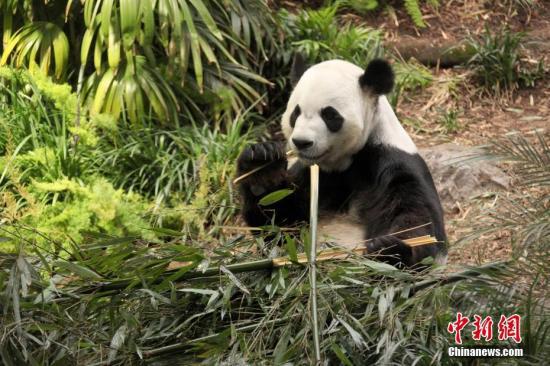
Two giant pandas,"Da Mao" and "Er Shun," on Sunday arrived in Chengdu, capital of Sichuan province, after prematurely finishing their stay at a Canadian zoo, as the COVID-19 pandemic disrupted their bamboo supply.
因新冠肺炎疫情引起的竹子供应受阻,两只大熊猫“大毛”“二顺”于11月29日抵达四川省成都市,提前结束了在加拿大一家动物园的旅居生活。
【单词讲解】
这里的副词prematurely来源于形容词premature,表示“happening, arriving, existing, or performed before the proper, usual, or intended time”,即“过早的、未成熟的、提前的”,比如:premature babies(早产儿)、premature death(夭折)等。这里用prematurely修饰后面的“finishing their stay at a Canadian zoo”,就是说,这两只大熊猫在加拿大的旅居生活本来不是现在结束的,但是因为竹子的供应问题,提前结束了(happening before intended time)。
"Da Mao" and "Er Shun" have been sent to Chongqing Municipality for quarantine, according to the Chengdu Research Base of Giant Panda Breeding.
成都大熊猫研究基地表示,“大毛”和“二顺”已被送到重庆市进行隔离。
疫情导致竹子供应短缺
On average, each giant panda consumes about 40 kilograms of bamboo daily.
每只成年大熊猫每天平均要吃掉40公斤竹子。
The Calgary Zoo had been importing fresh bamboo from China, but struggled to meet the pandas needs when the coronavirus grounded most flights in March.
卡尔加里动物园一直从中国进口新鲜竹子,但是自从3月份大部分航班受疫情影响停飞以来,就一直面临竹子供应的难题。
The zoo said staff worked with the San Diego Zoo and Suncoast Nursery to arrange weekly shipments of fresh bamboo, but the process of finding the right bamboo has been expensive and time-consuming.
卡尔加里动物园表示,他们的工作人员与圣地亚哥动物园以及阳光海岸护育基地合作安排每周新鲜竹子的运送,但寻找合适的竹子品种费时又费钱。
In May, the zoo announced it would have to return the two animals four years earlier than planned so that they could enjoy China's abundant supply of fresh bamboo instead.
今年5月,卡尔加里动物园宣布,他们不得不提前四年把这两只大熊猫送回国,这样它们就可以在中国享用到足够多的新鲜竹子了。
【单词讲解】
这里的earlier than planned跟本文开头提到的prematurely表达的是相同的意思,另外一个相似的表达是ahead of schedule。
The zoo said on Friday that after "months and months of hard work" it had secured international permits "to get our beloved pandas home to China".
11月27日,卡尔加里动物园表示,经过“数月的努力”,终于拿到了国际通行证,“把我们喜爱的大熊猫送回家”。

Throughout their trip home, each panda has about 100 kilograms of bamboo to munch on along with pears, apples and biscuits.
在它们回国的途中,每只大熊猫将消耗约100公斤竹子,此外还有梨、苹果、饼干等食物。
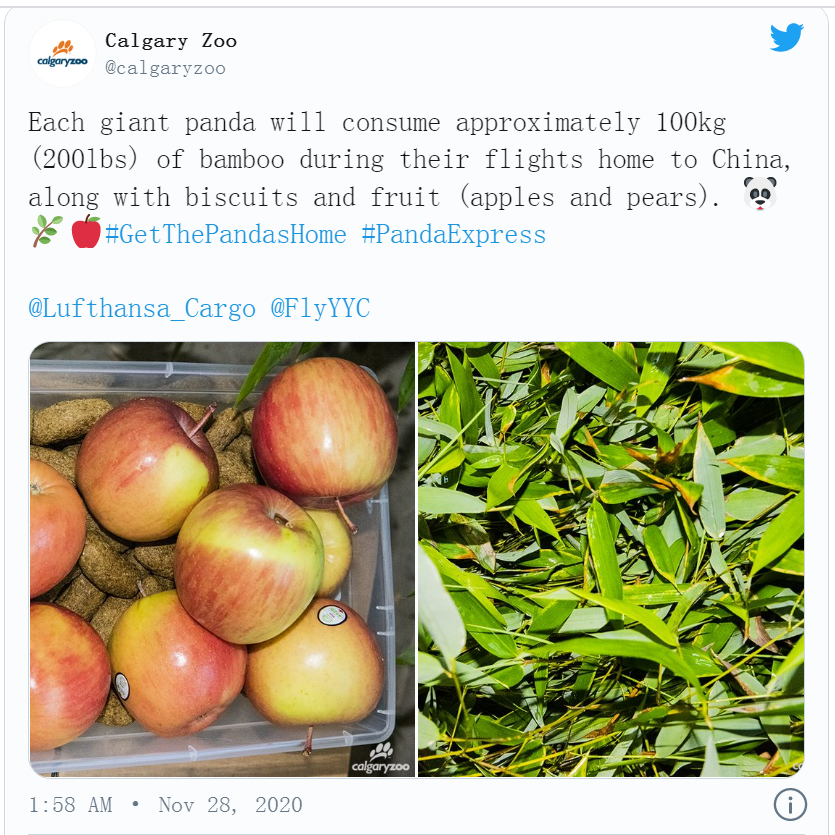
原计划旅居十年
根据中加两国政府协议,成都雄性大熊猫“大毛”和重庆雌性大熊猫“二顺”于2013年3月赴加拿大,原计划旅居10年。
After spending five years at the Toronto Zoo, the duo moved to the Calgary Zoo in March 2018 with twin cubs, "Jia Panpan" and "Jia Yueyue," which had traveled home to China in January.
它们先在多伦多动物园生活了5年。2018年3月,它们跟龙凤双胞胎“加盼盼”和“加悦悦”一起迁居卡尔加里动物园。今年1月,“加盼盼”“加悦悦”先行返回中国。
根据世界自然基金会(World Wildlife Fund,WWF)网站的分类,不同物种的保护状态(conservation status)由轻到重大致分为以下几种:无危物种(least concern)、近危物种(near threatened)、易危物种(vulnerable)、濒危物种(endangered)、极危物种(critically endangered)。
当前,中国境内大熊猫数量不断增加,世界自然保护联盟濒危物种红色名录(IUCN Red List of Threatened Species或称IUCN红色名录)已将该物种的现状由“濒危”(endangered)改为“易危”(vulnerable)。
【相关词汇】
熊猫外交 panda diplomacy
濒危物种 endangered species
极危物种 critically endangered species
易危物种 vulnerable species
参考来源:新华网、BBC
(中国日报网英语点津 Helen)









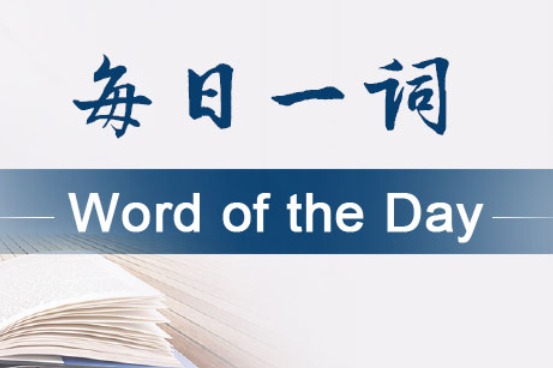
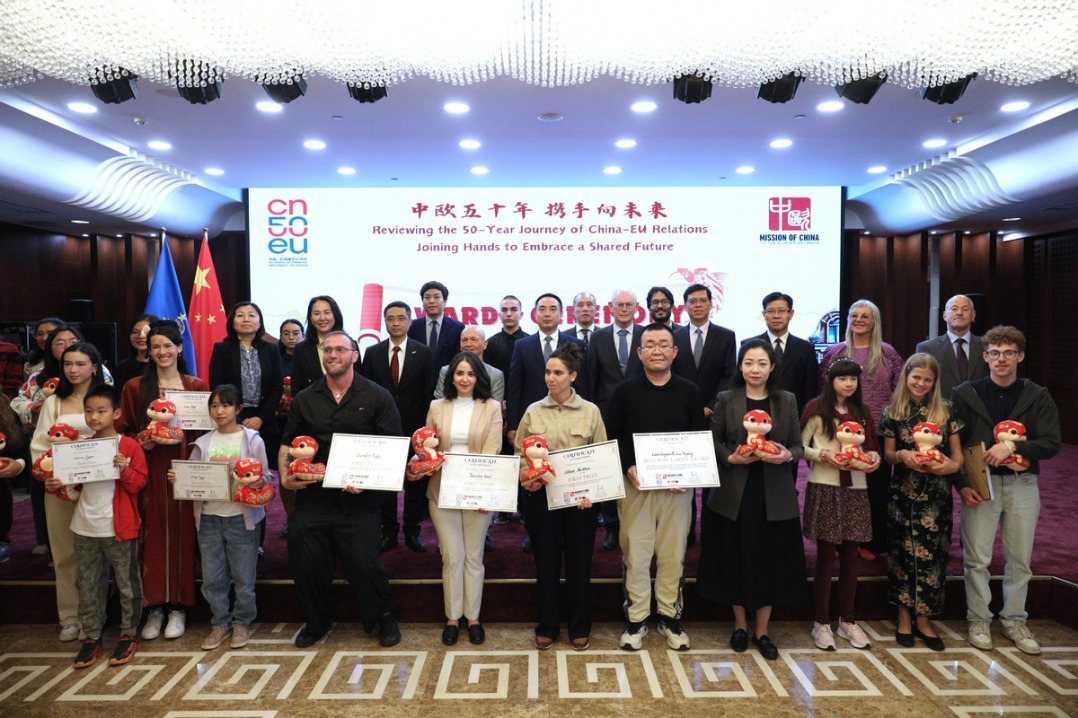
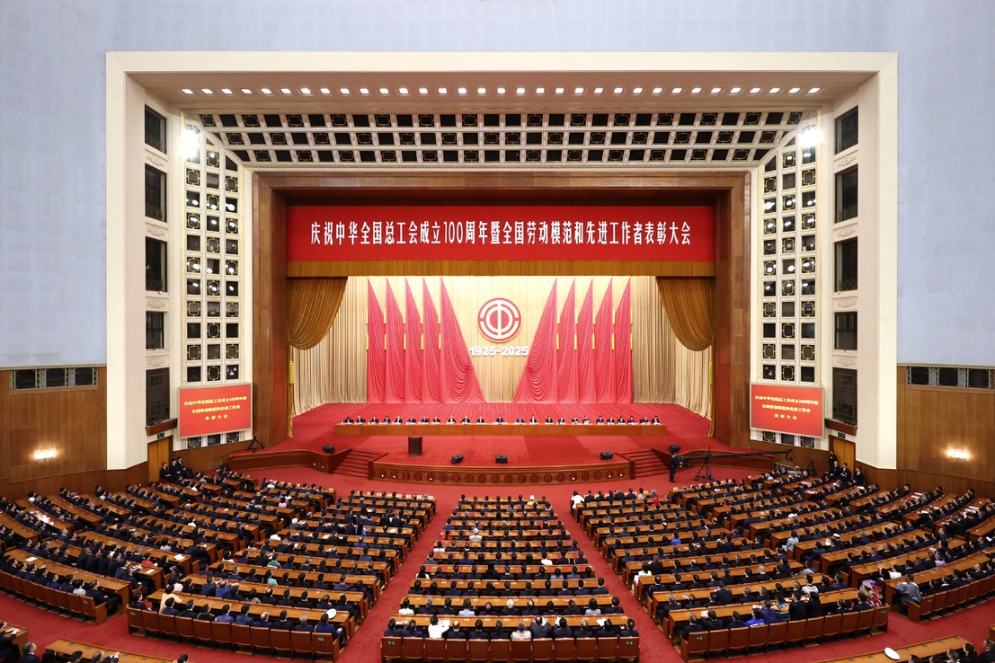





 英语点津微信
英语点津微信 双语小程序
双语小程序